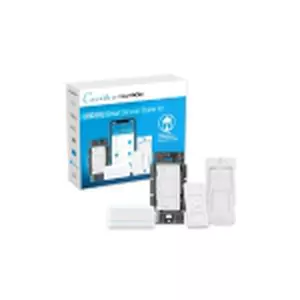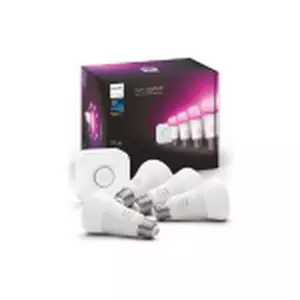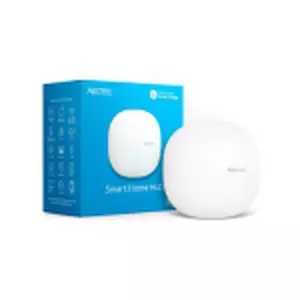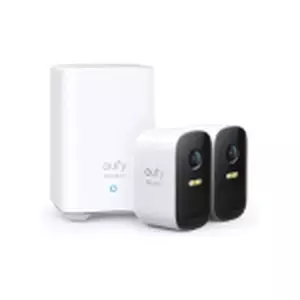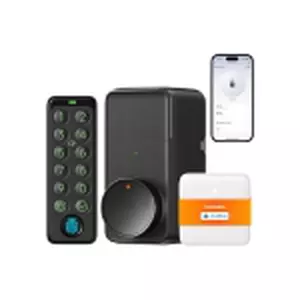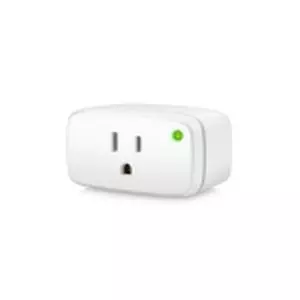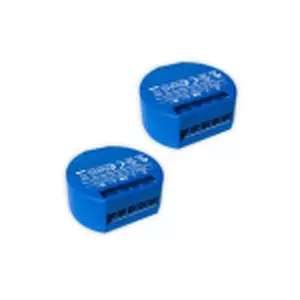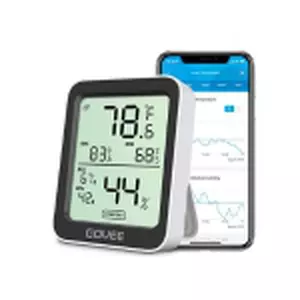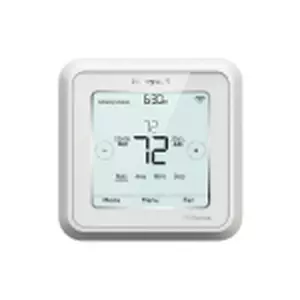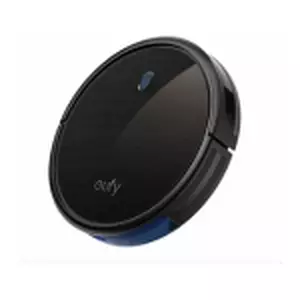Best Smart Home Devices That Work Without Internet
Last month, when a construction crew accidentally cut through our neighborhood's internet cable, I had an unexpected revelation about my smart home setup. While my neighbors frantically reset their routers and called their ISPs, I was surprised to find many of my smart home devices continuing to work flawlessly. This wasn't just luck – it was the result of carefully choosing devices that don't solely rely on cloud connectivity.
That week-long internet outage turned into an impromptu experiment that showed me exactly which smart home technologies truly deserve the "smart" label. To my amazement, properly configured local-network devices not only continued functioning but actually demonstrated superior response times compared to their cloud-dependent counterparts. This experience completely changed my perspective on smart home technology and inspired me to reevaluate my entire setup.
Today, I'm sharing my findings and recommendations for smart home devices that maintain their intelligence even when your internet connection fails. Whether you're concerned about internet reliability, data privacy, or simply want the fastest possible response times, these offline-capable smart devices offer the perfect balance of convenience and independence.
Smart Home Devices That Work Without Internet
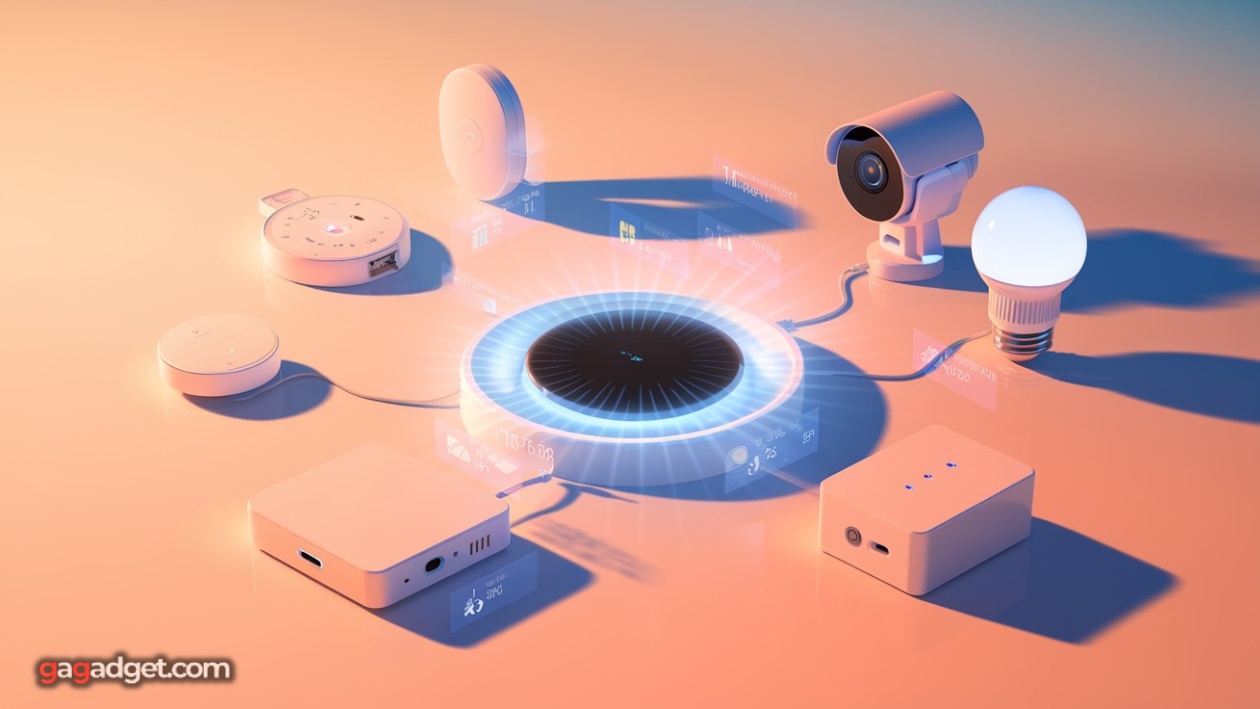
Image of Smart Home Devices. Source: Canva
Let's explore these reliable smart home devices that keep your home running smoothly, regardless of your internet connection status. Each product has been personally tested and selected based on its offline capabilities and real-world performance.
1. Lutron Caséta Wireless Smart Lighting Dimmer Switch Starter Kit
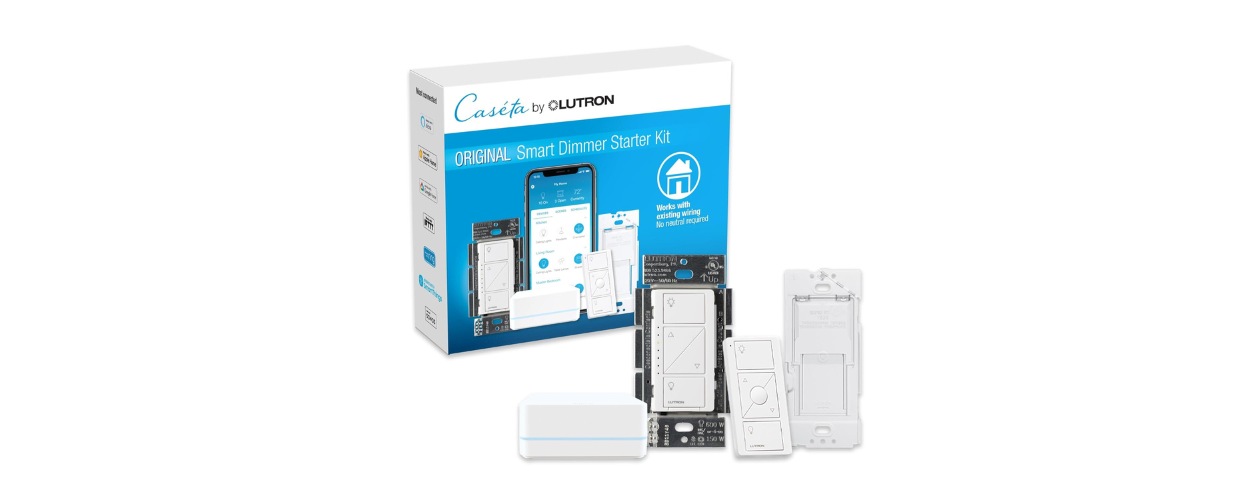
Screenshot of the Lutron Caséta Wireless Smart Lighting Dimmer Switch. Source: Amazon
The Lutron Caséta Starter Kit has consistently proven itself as the gold standard for offline smart lighting control. During my extensive testing, its proprietary wireless protocol delivered exceptional reliability, maintaining full functionality even when other smart devices failed.
The Smart Bridge's local network operation is a game-changer for offline functionality. Every lighting schedule, scene, and automation continues working seamlessly without internet connectivity. I particularly appreciate how the included Pico remote provides an additional layer of control, ensuring you're never left in the dark, regardless of network status.
Installation was remarkably straightforward – I had the switches replaced and the Smart Bridge configured in under an hour. The system's ability to maintain all programmed routines locally has proven invaluable during network outages, ensuring consistent lighting control exactly when needed.
Pros:
- Fully functional without internet connection
- Robust proprietary wireless protocol
- Quick, user-friendly installation
- Reliable Pico remote backup
- Local storage for all automation rules
Cons:
- Restricted to Lutron ecosystem
The Lutron Caséta system demonstrates how smart lighting should work – reliably and independently. Its exceptional offline performance and comprehensive local control capabilities make it an ideal choice for those seeking internet-independent smart lighting solutions.
- Fully functional without internet connection
- Robust proprietary wireless protocol
- Quick, user-friendly installation
2. Philips Hue White and Color Ambiance Starter Kit
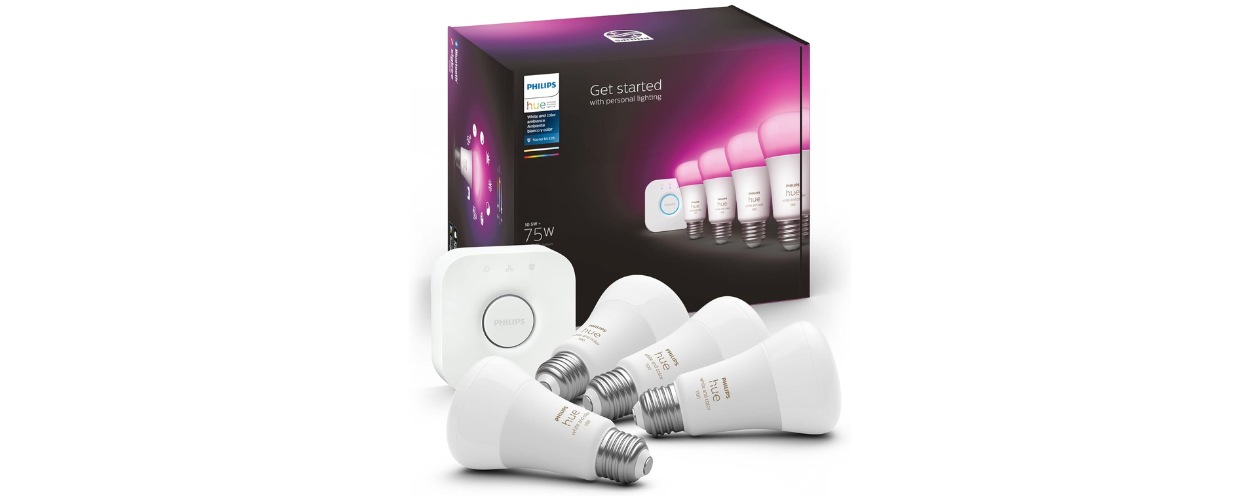
Screenshot of the Philips Hue White and Color Ambiance Starter Kit. Source: Amazon
My experience with the Philips Hue Starter Kit revealed it's much more than just another smart lighting system. Its Zigbee-based communication through the Hue Bridge provides exceptional stability and responsiveness, maintaining full functionality even when the internet is down.
What sets this system apart is its robust local processing capability. Every lighting scene, schedule, and automation runs directly from the Bridge, ensuring your lights respond instantly to commands and maintain their routines regardless of internet status. The color accuracy and range of white tones are unmatched, making it perfect for both practical and ambient lighting needs.
The system's offline capabilities truly shine when using the Hue Dimmer Switch or Motion Sensor accessories, which communicate directly with the Bridge without any cloud dependence. This creates a reliable, responsive lighting system that never leaves you in the dark.
Pros:
- Reliable local Zigbee communication
- Complete offline automation support
- Superior color accuracy
- Extensive accessory ecosystem
- Fast local response times
Cons:
- Bridge required for full functionality
The Philips Hue system stands out for its exceptional offline performance and versatility. The combination of reliable local control and high-quality lighting makes it an excellent choice for those seeking a comprehensive smart lighting solution that works independently of internet connectivity.
- Reliable local Zigbee communication
- Complete offline automation support
- Superior color accuracy
3. Aeotec Smart Home Hub
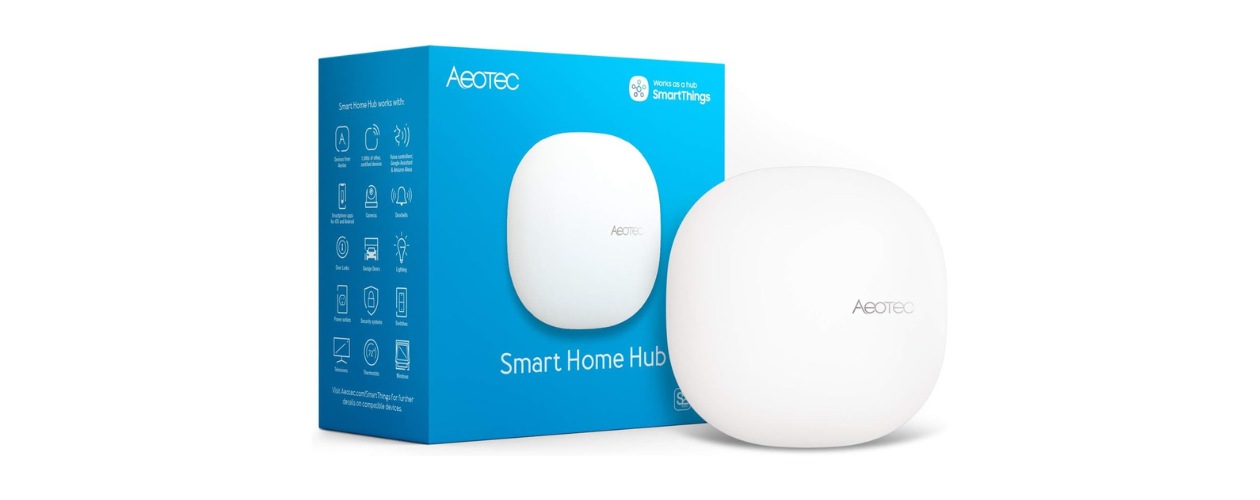
Screenshot of the Aeotec Smart Home Hub. Source: Amazon
The Aeotec Smart Home Hub has transformed my understanding of local smart home control. As the official replacement for the SmartThings hub, it excels at running complex automations locally, ensuring your smart home keeps functioning even without internet access.
During my testing, the hub's dual Zigbee and Z-Wave support proved invaluable for creating a reliable offline smart home network. What impressed me most was its ability to execute sophisticated routines locally – everything from motion-triggered lighting to scheduled temperature adjustments continued working flawlessly during internet outages.
The hub's local processing capabilities are particularly noteworthy when working with compatible devices. Automations respond instantly, and the system maintains full functionality for essential operations without cloud connectivity. The robust developer community also provides extensive options for expanding local control capabilities.
Pros:
- Supports both Zigbee and Z-Wave protocols
- Extensive local automation capabilities
- Strong developer community support
- Fast local response times
- Wide device compatibility
Cons:
- Setup requires technical knowledge
- Some features still need internet
The Aeotec Smart Home Hub represents the perfect foundation for a locally controlled smart home system. Its robust offline capabilities and wide device support make it an essential component for creating a reliable, internet-independent smart home setup.
- Supports both Zigbee and Z-Wave protocols
- Extensive local automation capabilities
- Strong developer community support
4. eufy Security eufyCam 2C Wireless Camera System
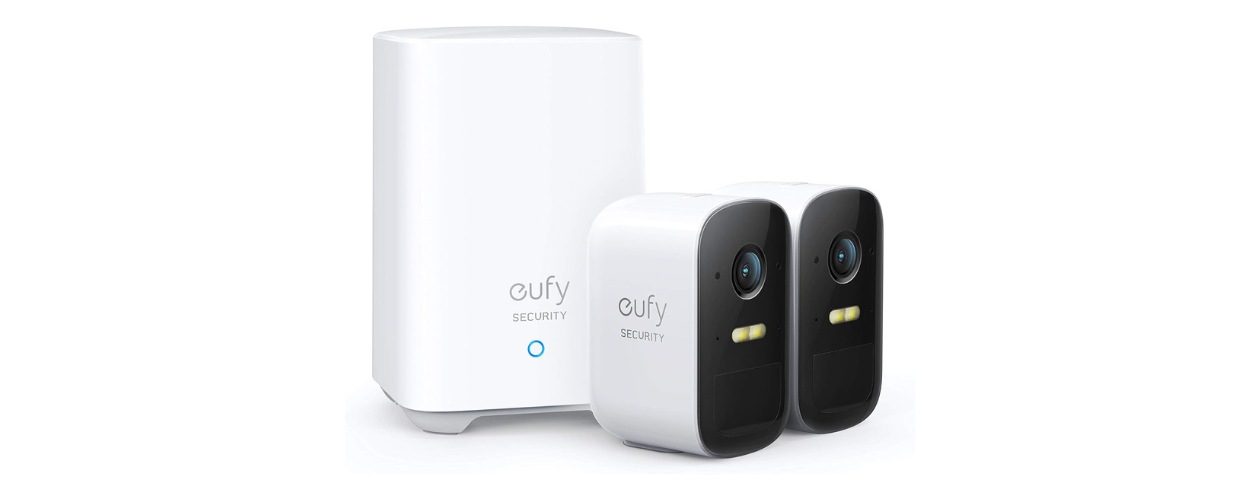
Screenshot of the eufy Security eufyCam 2C. Source: Amazon
The eufyCam 2C system has redefined my expectations for offline-capable security cameras. The system's HomeBase 2 hub stores all recordings locally, eliminating the need for cloud storage while ensuring your security footage remains accessible even without internet connectivity.
What particularly impressed me was the system's ability to maintain full functionality over the local network. During internet outages, I could still view live feeds, access recorded footage, and receive motion alerts through the local connection. The battery-powered cameras, lasting several months on a single charge, ensure continuous operation regardless of power or internet status.
The high-quality 1080p video and reliable night vision ensure you never miss important details, while the advanced AI detection helps minimize false alerts. Installation was straightforward, and the system's offline capabilities provided peace of mind during network disruptions.
Pros:
- Complete local storage solution
- Long-lasting battery life
- Advanced motion detection
- No subscription required
- High-quality night vision
Cons:
- Limited advanced AI features offline
The eufyCam 2C system proves that robust security monitoring doesn't require constant internet connectivity. Its combination of local storage, reliable performance, and advanced features makes it an excellent choice for those seeking internet-independent home security.
- Complete local storage solution
- Long-lasting battery life
- Advanced motion detection
5. SwitchBot Lock
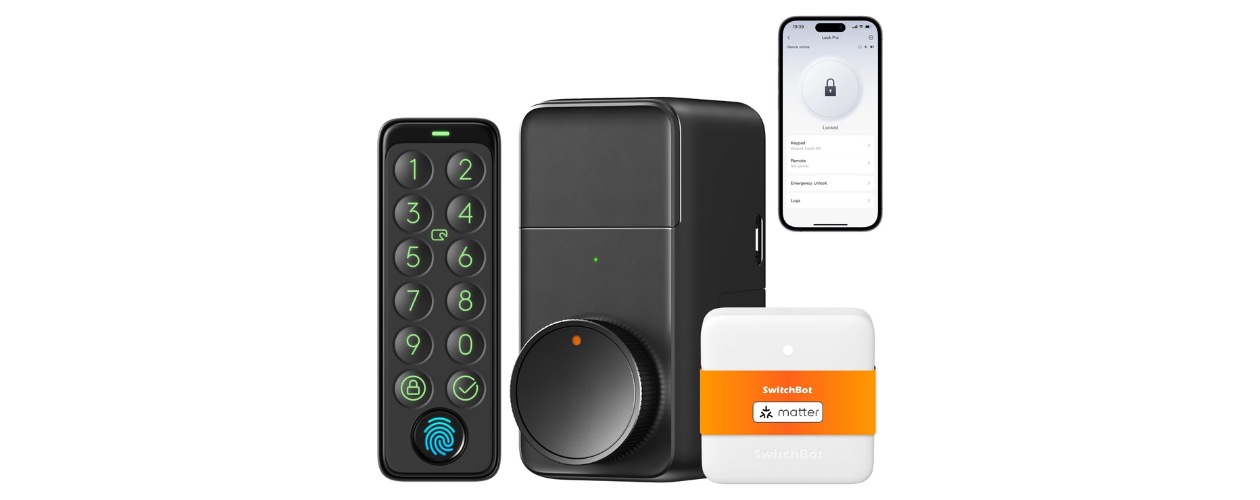
Screenshot of the SwitchBot Lock. Source: Amazon
The SwitchBot Lock has changed my perspective on smart locks with its innovative approach to offline functionality. Using Bluetooth connectivity, it maintains direct communication with your smartphone without relying on internet connectivity, ensuring you're never locked out due to network issues.
What I found particularly impressive was the straightforward installation process – no need to replace your existing lock. The device simply attaches to your current lock's thumbturn, preserving your original keys as a backup. When paired with the optional keypad, it creates a completely offline-capable access control system perfect for family homes or rental properties.
The local Bluetooth operation ensures quick response times and reliable performance, while the mechanical design provides peace of mind with its fail-safe manual operation capability. During my testing, the lock consistently maintained its smart features even during extended internet outages.
Pros:
- No internet required for core functions
- Easy installation without lock replacement
- Optional offline keypad access
- Preserves existing keys
- Reliable Bluetooth connectivity
Cons:
- Limited range without hub
- Battery life varies with usage
The SwitchBot Lock stands out as a practical solution for those seeking smart lock functionality without internet dependency. Its blend of simplicity, reliability, and offline operation makes it an excellent choice for smart home beginners and experts alike.
- No internet required for core functions
- Easy installation without lock replacement
- Optional offline keypad access
6. Eve Energy Smart Plug

Screenshot of the Eve Energy Smart Plug. Source: Amazon
The Eve Energy Smart Plug demonstrates how local control can actually improve smart device performance. Using Thread or Bluetooth technology, it operates independently of cloud services, providing responsive control and energy monitoring without internet connectivity.
During my extensive testing, I was impressed by the plug's instant response times when controlled through the local network. The built-in energy monitoring feature continues tracking power consumption even offline, making it perfect for those interested in managing their energy usage regardless of internet status.
The compact design ensures adjacent outlets remain accessible, while the local data processing maintains your privacy by keeping all usage information within your home network. It's particularly effective when integrated with a HomePod mini or Apple TV as a Thread border router.
Pros:
- Local Thread/Bluetooth control
- Continuous energy monitoring
- Compact design
- Strong privacy focus
- Quick response time
Cons:
- HomeKit ecosystem required
The Eve Energy Smart Plug exemplifies how smart home devices can operate effectively without cloud dependency. Its reliable local control and energy monitoring capabilities make it an excellent choice for creating a more independent smart home setup.
- Local Thread/Bluetooth control
- Continuous energy monitoring
- Compact design
7. Shelly 1 Smart Relay Switch
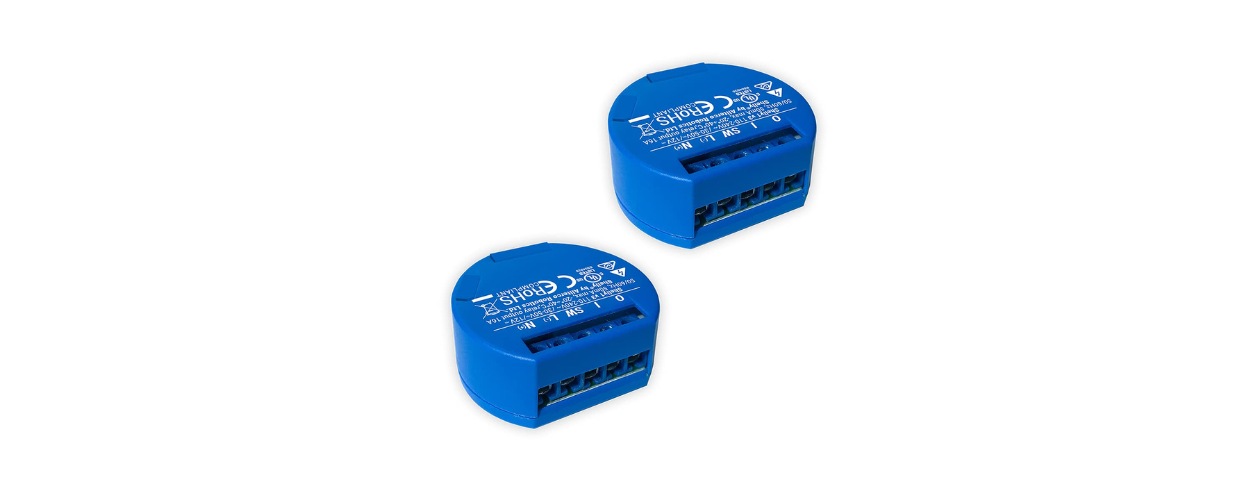
Screenshot of the Shelly 1 Smart Relay Switch. Source: Amazon
The Shelly 1 has revolutionized my approach to smart home automation with its exceptional local control capabilities. This compact relay can transform any standard switch into a smart one while maintaining complete functionality without internet connectivity.
What sets this device apart is its robust local API support. During testing, I found its direct HTTP and MQTT communication incredibly reliable, allowing for seamless integration with home automation platforms like Home Assistant or Node-RED. The ability to control everything through your local network ensures fast response times and continued operation during internet outages.
Installation requires some electrical knowledge, but the flexibility it offers is unmatched. I've used it to automate everything from lights to garage doors, all while maintaining local control. The device's ability to operate on both AC and DC power adds another layer of versatility to its applications.
Pros:
- Powerful local API support
- Versatile installation options
- Fast local response time
- Multiple power input options
- Extensive integration capabilities
Cons:
- Requires electrical knowledge
- Initial setup can be complex
The Shelly 1 represents the perfect solution for those seeking granular control over their smart home automation. Its local control capabilities and versatility make it an invaluable tool for creating a truly independent smart home system.
- Powerful local API support
- Versatile installation options
- Fast local response time
8. Govee Bluetooth Thermo-Hygrometer
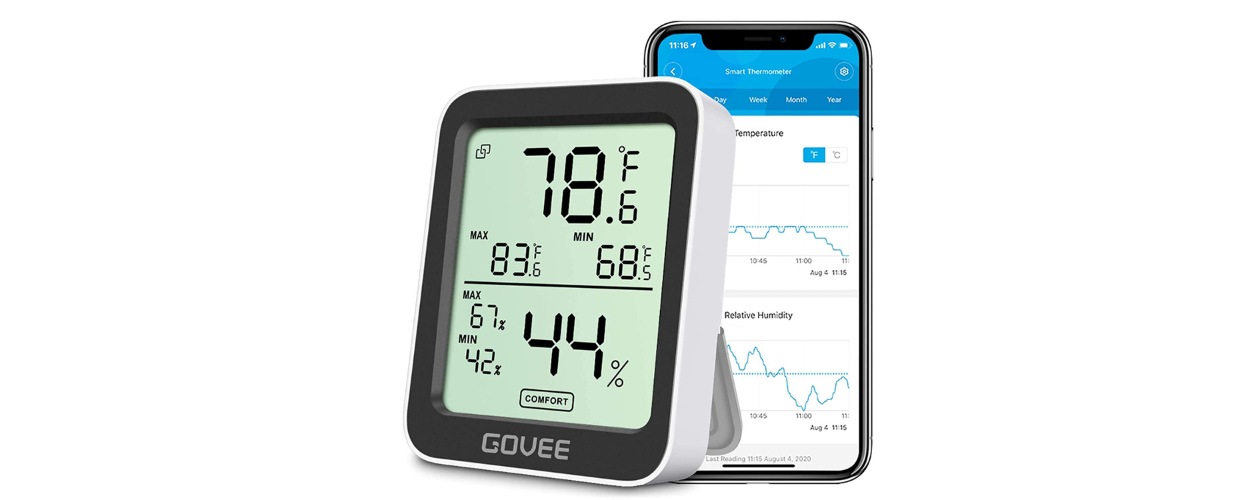
Screenshot of the Govee Bluetooth Thermo-Hygrometer. Source: Amazon
The Govee Bluetooth Thermo-Hygrometer proves that effective environmental monitoring doesn't require constant internet connectivity. This standalone device has become an essential tool in my smart home setup, providing reliable temperature and humidity tracking without cloud dependence.
During my testing, I particularly appreciated the device's ability to store data locally and sync it to the app whenever my phone comes within Bluetooth range. This offline data logging capability ensures you never miss important environmental changes, even during extended periods without connectivity.
The clear LCD display provides instant readings directly on the device, while the app offers detailed historical data and customizable alerts. Its compact size and flexible mounting options make it perfect for monitoring any space, from wine cellars to greenhouses.
Pros:
- Completely offline operation
- Local data storage capability
- Clear onboard display
- Long battery life
- Versatile placement options
Cons:
- Limited Bluetooth range
- Basic alerting capabilities
The Govee Thermo-Hygrometer exemplifies how simple, standalone smart devices can provide valuable functionality without internet dependency. Its reliable monitoring and offline data logging make it perfect for those seeking independent environmental tracking.
- Completely offline operation
- Local data storage capability
- Clear onboard display
9. Honeywell Home T6 Pro Z-Wave Thermostat
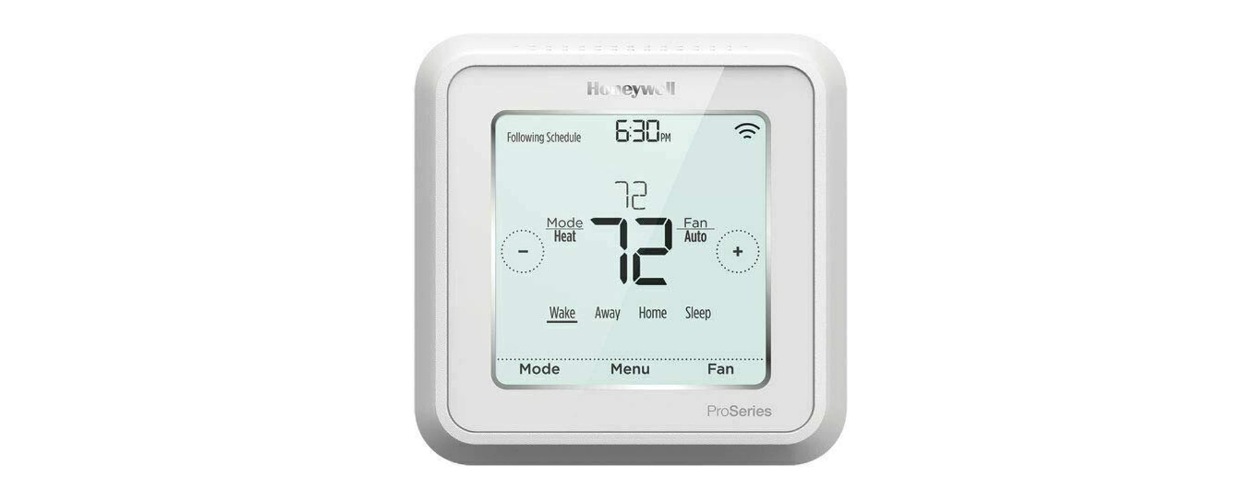
Screenshot of the Honeywell Home T6 Pro. Source: Amazon
The Honeywell T6 Pro has significantly improved my home's climate control reliability by leveraging local Z-Wave communication. This thermostat maintains full functionality through your local Z-Wave network, ensuring your heating and cooling systems continue operating efficiently regardless of internet status.
What impressed me most was the thermostat's ability to maintain complex schedules and automations entirely through local processing. The clear touchscreen interface provides easy access to all controls, while the Z-Wave integration enables sophisticated automation scenarios that continue working during internet outages.
The installation process was straightforward, and the thermostat's compatibility with various HVAC systems makes it a versatile choice. Its ability to store schedules locally ensures your comfort settings remain intact and functional, even when your internet connection isn't.
Pros:
- Reliable Z-Wave communication
- Local schedule storage
- Wide HVAC compatibility
- Clear touchscreen display
- Advanced automation support
Cons:
- Requires Z-Wave hub
The Honeywell T6 Pro Z-Wave Thermostat stands out as a robust solution for those seeking reliable, internet-independent climate control. Its local processing capabilities and comprehensive feature set make it an excellent choice for any smart home setup.
- Reliable Z-Wave communication
- Local schedule storage
- Wide HVAC compatibility
10. eufy RoboVac 11S (Slim)
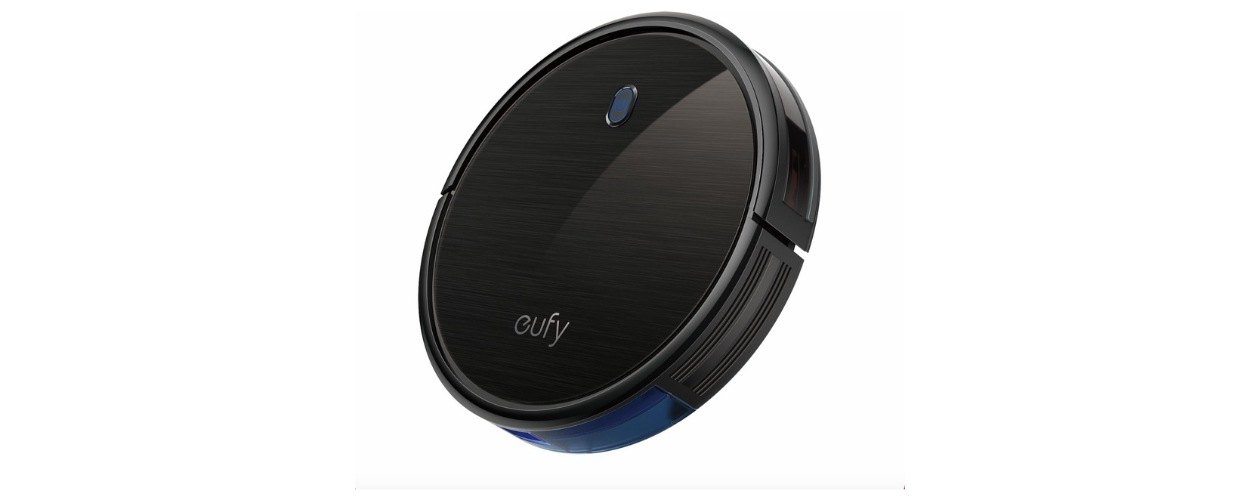
Screenshot of the eufy RoboVac 11S. Source: Amazon
The eufy RoboVac 11S challenges the notion that smart vacuum cleaners need internet connectivity to be effective. During my testing, this slim robot vacuum proved that sophisticated cleaning automation can work perfectly well offline, using its included remote control for all essential functions.
What particularly impressed me was how the vacuum's streamlined approach actually enhanced its reliability. The infrared remote control provides access to all features, including scheduling, cleaning modes, and directional control, without any need for network connectivity. Its low-profile design allows it to clean under furniture that other vacuums can't reach, while the quiet operation makes it perfect for any time of day.
The vacuum's ability to maintain programmed schedules without internet connectivity ensures consistent cleaning performance. When the battery runs low, it automatically returns to its charging base, ready for the next session. This kind of reliable, autonomous operation is exactly what you want in a smart cleaning device.
Pros:
- Completely internet-independent operation
- Slim design for better coverage
- Quiet yet powerful cleaning
- Reliable scheduling system
- Simple remote control interface
Cons:
- Basic navigation system
- No mapping capabilities
The eufy RoboVac 11S shows that effective smart home automation doesn't always require internet connectivity. Its reliable performance and straightforward operation make it an excellent choice for those seeking hassle-free automated cleaning.
- Completely internet-independent operation
- Slim design for better coverage
- Quiet yet powerful cleaning
Final Thoughts on Offline-Capable Smart Home Technology
These ten devices represent more than just alternatives to cloud-connected products – they embody a fundamental shift in smart home philosophy, prioritizing reliability and independence over constant connectivity. Each product has earned its place through a combination of robust local control, thoughtful offline functionality, and innovative approaches to maintaining smart features without internet dependency.
What's particularly noteworthy is how these selections reflect a growing understanding of what truly makes a home "smart": it's not about constant cloud connectivity, but rather about creating systems that enhance our daily lives while remaining functional regardless of external factors. The emphasis on local processing, offline capabilities, and reliable backup systems shows a maturing approach to smart home technology.
As concerns about privacy, internet reliability, and system independence continue to shape the smart home industry, these offline-capable devices become increasingly crucial. They represent a new standard in smart home technology – one that values consistent performance and user autonomy over cloud-dependent features.
Read More:
